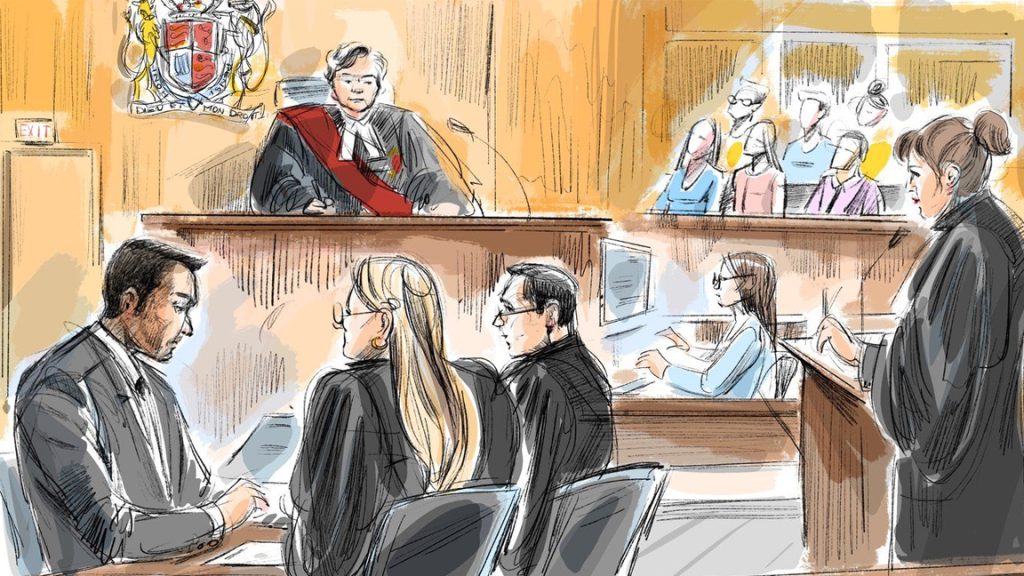Ontario Appeal Court To Hear Appeal Of Conrad Black Libel Lawsuits Monday
Posted May 2, 2010 12:37 pm.
This article is more than 5 years old.
The Internet is not a “no man’s land” when it comes to libel, lawyers for Conrad Black say in arguing that six libel lawsuits should proceed in Ontario, where he established his reputation and should be vindicated from statements about his use of Hollinger shareholder money.
Lawyers for the media baron turned convicted felon will be in the Ontario Appeal Court on Monday for a hearing on an appeal from the libel action’s defendants.
Black is attempting to sue members of a special committee of Hollinger International over statements published on the Sun-Times Media Inc. website.
Court documents cite in particular a 2004 report from the committee, authored by Richard Breeden, that said the company was a “corporate kleptocracy” while Black was the CEO, that Black “freely used the company’s coffers, financed by its public shareholders, to finance (his) own lifestyle,” and that Black had “looted” the newspaper publisher of at least $300 million.
While Black is serving a 6 1/2-year sentence in a Florida prison for obstruction of justice and three counts of fraud, his lawyers note the allegedly libellous statements “go far beyond the matters for which the respondent was ultimately charged and convicted.”
The defendants asked a judge to stay the libel actions. The judge dismissed that request in March 2009 and they are now appealing that decision, saying the case should not be heard in Ontario, to which the matter has only “tenuous connections.”
“The alleged importance to Black of his reputation in Ontario … is belied by the fact that he turned his back on Canada many years ago,” the defendants say in court documents, noting that Black renounced his Canadian citizenship.
“Ontario has suddenly become important to Black only because he wants to visit the jurisdiction via videolink as a libel tourist to avail himself of Ontario’s judicial system and its plaintiff-friendly libel laws.”
Black’s lawyers argue in court documents that they are pursuing the claims for damage to his reputation in Ontario, where the statements were republished by many media outlets and where he is a “well-known business figure.”
“The court can take judicial notice of the fact that the respondent is the subject of constant, almost daily, comment in the Ontario media,” the lawyers write.
The defendants argue the case has no real connection to Ontario as the alleged defamation is against a non-Canadian, about disclosures made by directors, officers and advisers of an American corporation and in accordance with U.S. securities laws.
But Black’s lawyers list several reasons they say the defendants should be held accountable in Ontario, including Black’s business and personal ties to the province.
“It is important to the respondent that his reputation be vindicated in Ontario, where he is well known, maintains a residence and has substantial assets,” his lawyers write.
They argue the impact of statements published on the Internet can be felt far beyond where they originate, and the onus to ensure those statements aren’t defamatory still exists.
“The Internet has amazing reach, but it is not a ‘no man’s land,’ especially when it is foreseeable that statements will cause damage to a reputation,” the lawyers write.
“It is incumbent upon those who wish to use the power of the Internet to do so responsibly.”










